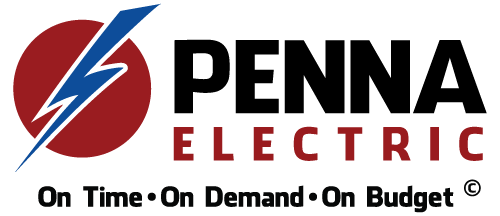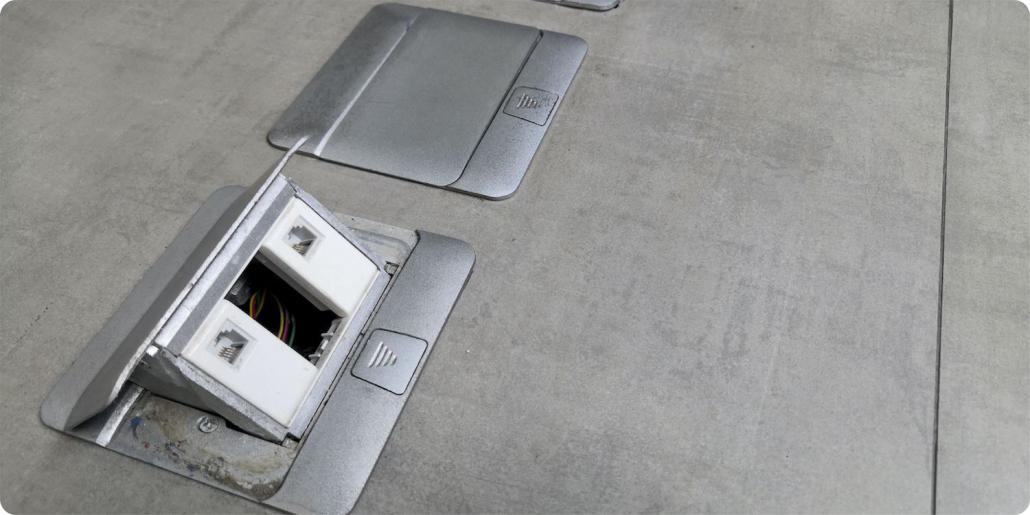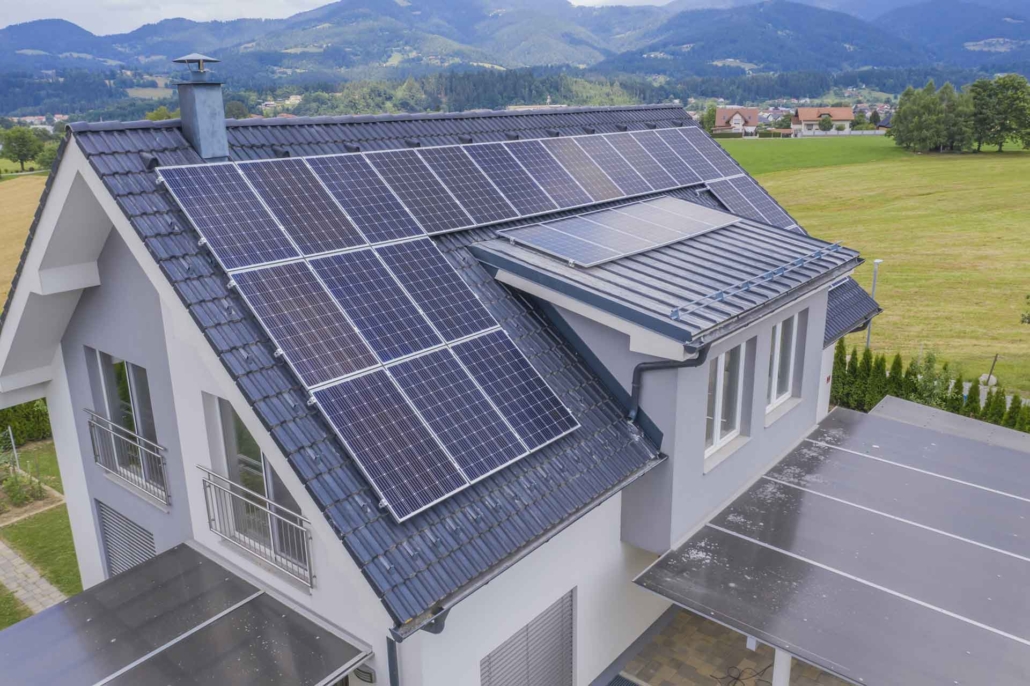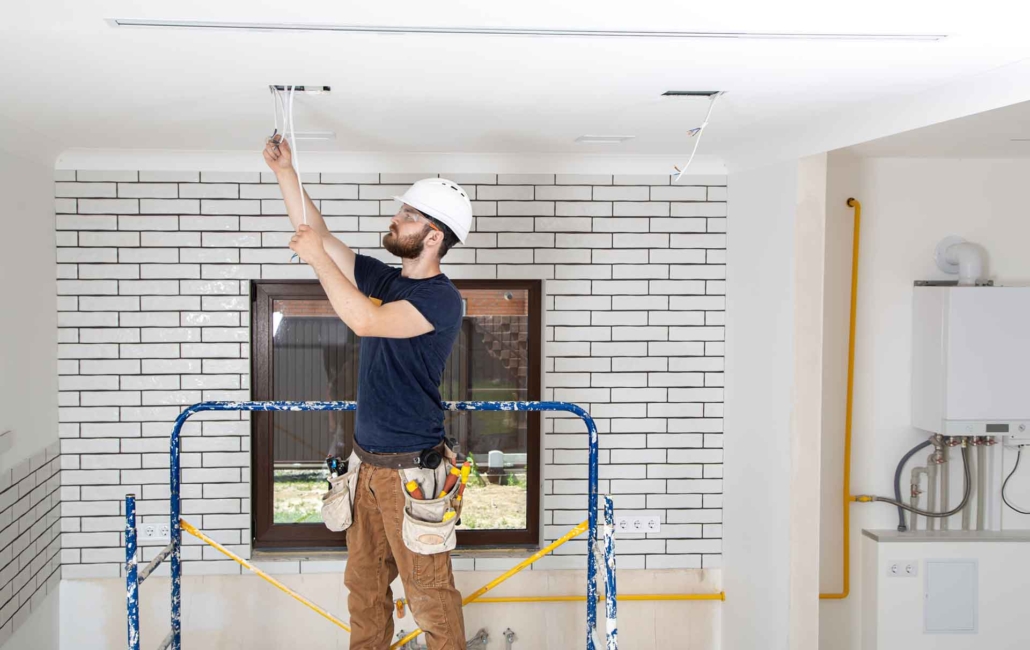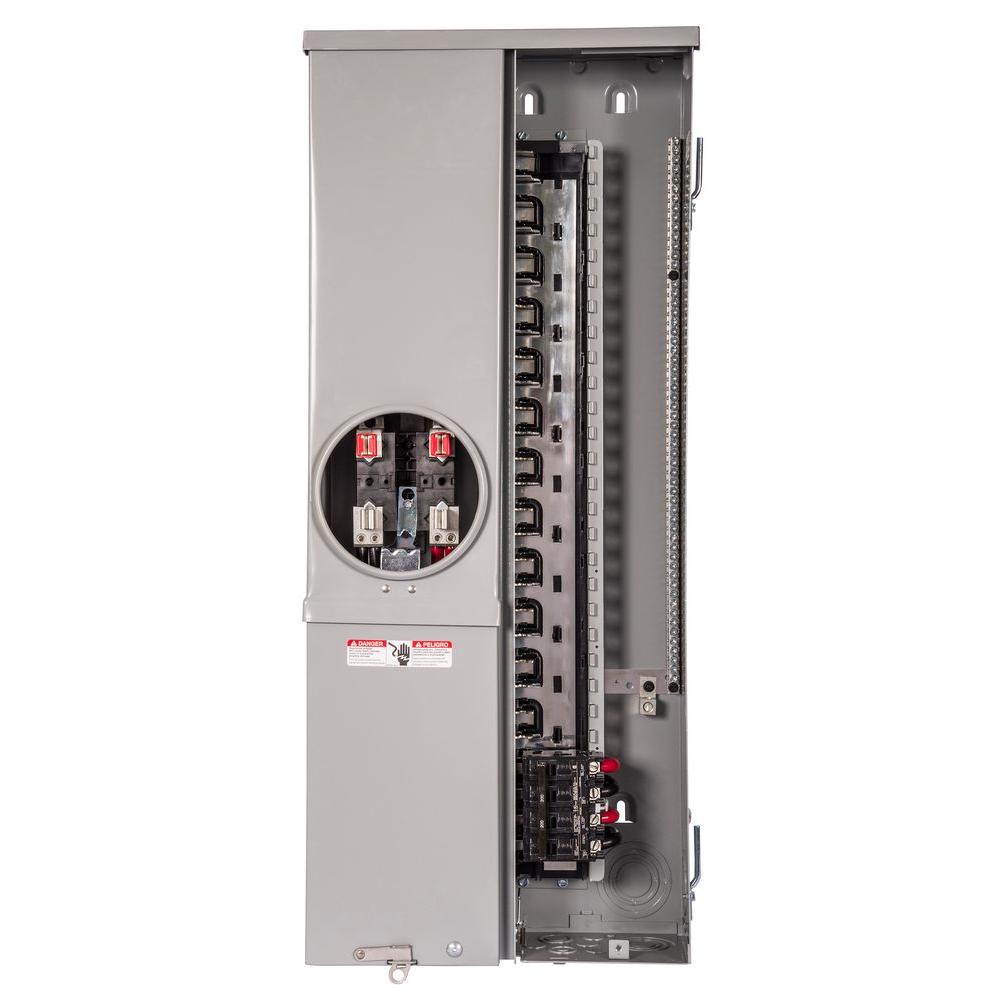December 21, 2019 | Rocio Rodriguez
How much does it cost to install an electric vehicle charger? In this article we cover cost factors, materials and labor for installation.
There are many things to consider after purchasing an electric vehicle. For example, you may ask yourself:
- Which electric vehicle charger should you buy?
- What is the best place to install your EV charge?
- How much is it going to cost to install your new EV charging station?
We asked our electricians these tough questions and found that the cost to install a charging station can be broken up into three general topics:
- Factors – Factors of installing an EV charger are more than just a handful. Some can be easy to predict while others are more difficult and may be unseen on an initial walk-through. Factors that affect the installation cost and the price of your EV charging station can be reasons such as; distance from the charging station to your electrical panel, the electrical panel may old or cannot hold the amount of amperage needed for the charger, there may not be space to add an additional dedicated circuit. Reasons like these ultimately play a significant role in determining the cost to install your EV charging station.
- Materials – Choosing the right EV charging station can be a difficult choice and the prices of these units vary. Installation may require additional materials such as wiring per the distance from the charging unit to the electrical panel. Rarely do issues arise during an installation of an EV charger, but be prepared to incur additional charges if complication arise during the project. The electricians are professionals and will make the best recommendations that best suits you and your home.
- Labor – The cost per hour for an electrician is an easy math equation. However, in some cases a flat rate per industry standard, the estimated time versus the amount of time spent changes the playing field completely. Make sure to discuss this with your electrician during your walk through for an estimate.
The price for the installation of an EV charging station varies and depends on many different factors but, generally speaking, your installation can range between $550 – $2,850 to install a 240 volt charging station. Please note that the customer is responsible with providing the EV charger for the electrician. The two main factors that affect the cost of installation greatly are:
- How much voltage and amperage will be used.
- The distance between the electrical panel and the location where the electric vehicle charging station will be installed.
The most expensive situation when installing an EV charger happens to be when the electrician needs to install wiring and conduit underground to detached structures. Usually in this situation, the cost to install is in the range of $750-$2,500. This includes trenching. To minimize this range, we recommend digging the trench yourself or hiring a contractor to open the trench.
If the manufacturer supplied you with a standard 120 volt charging cord, we highly advise that you meet with an electrician to inspect the receptacles where you will be plugging your electric vehicle. In the past, we found that most receptacles did not have the correct amperage to handle the load of the charging cable and caused a fire in the home. Per NEC code, you are allowed to install a 15 amp receptacle, even though you may have a 20 amp breaker, which is the most commonly used in residential. We recommend if you were to use a 120 volt charging cord, it should probably be dedicated for the charger only and a 20 amp receptacle should be installed. Most consumers install 240 volt 40 to 50 amp dedicated circuits to charge the vehicle in a fraction of the time.
Another way you can charge your vehicle at your home is by the installation of a 240 volt at 40 to 50 amp dedicated circuit usually in your garage to charge your vehicle.
An electrical conduit and wiring need to be installed from your electrical panel sometimes surface mounted and/or under your house and mounted at the best location for your vehicle in the garage or outside. The distance from your electrical panel to the charging station increases the degree of difficulty, cost of materials and pricing overall. This will allow for the vehicle to charge much faster than with a 120 volt charging cord.
Luckily for Southern Californians living in the South Bay there really is no need to worry if charging your EV indoors or outdoors. Especially since most EV chargers are now designed weather-proof meaning resistant to the outside elements such as rain, sleek, or snow, which it rarely does here anyway, and the charger’s inside components will be protected with NEMA 3R or NEMA 4 enclosure, so it’s still good news for any other part of the nation.. Contact a professionally licensed electrician when considering to install your EV charger whether indoors or outdoors (best rated weatherproof charger that can be installed indoors or out is recommended). Let the electrician know where you want to have the unit installed, but remember, they are the professional, licensed, and experienced in doing this sort of work so if they recommend your charger be installed elsewhere from where you want, I suggest you take it into consideration as to why because most likely it is due to the degree of difficulty and safety. The best place, if possible, to install a dedicated circuit receptacle for your plug-in or hardwired charger would be near your main electrical panel. The further distance of your chargers installation from your main electrical panel, the increase of cost it would be due to materials and labor.
Outdoor installation may be needed because…
- There may not be space in your garage to fit you electrical vehicle
- You may not have a garage, but you do have a carport
- You may not have a garage or a carport
For any reason you may have for the need of an EV charger installed outdoors, we recommend installing a 240 volt hardwired EV charger for the outdoors for better protection from the weather. If installing a plug-in charger, it is highly important to install a cover to protect the outlet and plug, also known as a “bubble cover”. Make sure to find out if you decide to purchase a plug-in charger that it is equipped with NEMA 3R or NEMA 4 enclosure because not all plug-in units are protected from the weather and the components inside can be damaged which can also cause damage to your EV. When considering to install an EV charger outdoors, contact a professionally licensed electrician to do the job and provide them with the location of the EV charger to where your vehicle will be parked for charging. (note: know the length of your charging cord, but most chargers come with a max of 25 feet charging cable). This installation may be a tad bit pricier from an indoor, but not by very much, due to the fact that you will need to have a Level 2 240 volt hardwired charger unit installed.
- You have a garage with space for your electric vehicle.
- You don’t have a garage, but the location of the parked EV is near your back/front door.
- You have a storage shed and your EV will be parked near it.
Wherever you may want to have your EV charger installed indoors it should be fine as long as you can access your charging cable to your vehicle. Now indoors is a bit easier than outdoors installation due to the fact that all EV chargers can be plugged in or hardwired when installed and you don’t necessarily need to worry about the weather’s outside elements that can harm your chargers inside components. You can have a level 1 120 volt charger, which is usually the type of EV charger that comes with the vehicle, but we still recommend a 20 amp receptacle be installed and it should probably be dedicated for the charger only. Then again, if you are going with a level 2 charger, a 40 to 50 amp dedicated circuit will need to be installed for a 240 volt charger. . If installing in the garage, the receptacle installation should be near the garage door on the side (usually the left side, if outside facing into your garage) that your electric vehicle’s . It would be easily accessible if your EV is parked in or if you cannot fit your vehicle in the garage, you can still charge your vehicle when parked outside.
Many years ago, we were not using as many appliances and equipment as we are these days. In addition, they are drawing much more current than in the past. The recommended electrical panel that should be installed is a 200 amp main electrical panel. This will provide the capacity necessary for you to run additional equipment well into the future.
The 200 amp panel has heavy duty components that allow for a larger current to be utilized with less resistance. Included with the electrical panel is a main grounding system that brings you up to current electrical code for better protection and safety.
In many cases, older electrical panels are not able to sustain this type of current draw due to the age and/or the capacity of the main panel. This will require for you to have a new main electrical panel installation in order not to damage any appliances or audio equipment in your home.
Labor installation varies depending on the amount of time spent installing the electrical components, the degree of difficulty, such as the amount of bends to conduits, the amount of corners/turns (ie..end of the house), as well as the height of the conduit will be mounted. Whether your panel is surface mounted or flushed in the wall also plays a part. The amount of amperage that will be drawn from the charger, for example: 40, 50 amps or higher changes not only the diameter of the copper wiring, but the diameter of the conduit, which again increases the degree of difficulty pulling the wiring and bending the conduit.
If you’re still not sure how much the cost may be for installation, but know you need your EV charger installed and are breaking your brain trying to get a rough idea of what you may have to spend. Don’t worry, make a simple call to a professionally licensed electrician and let them come up with an accurate estimate for you.
The right electrical upgrade can dramatically improve the value and appearance of any home or business. You’ll be amazed at what a difference the right electrical upgrade can make for your home or business. Make sure that when you select an electrical company to do the enhancement of your home and you have decided to take your enhancement to the level where you require an electrical upgrade that the technician at the company has a good working knowledge and the experience to properly guide you in this area.
When you decide to upgrade, our well-trained and certified electricians have all the experience and training needed to complete your electrical panel upgrade project from start to finish, with a minimum of fuss or disturbance. Please contact us right away at 310-800-2401
